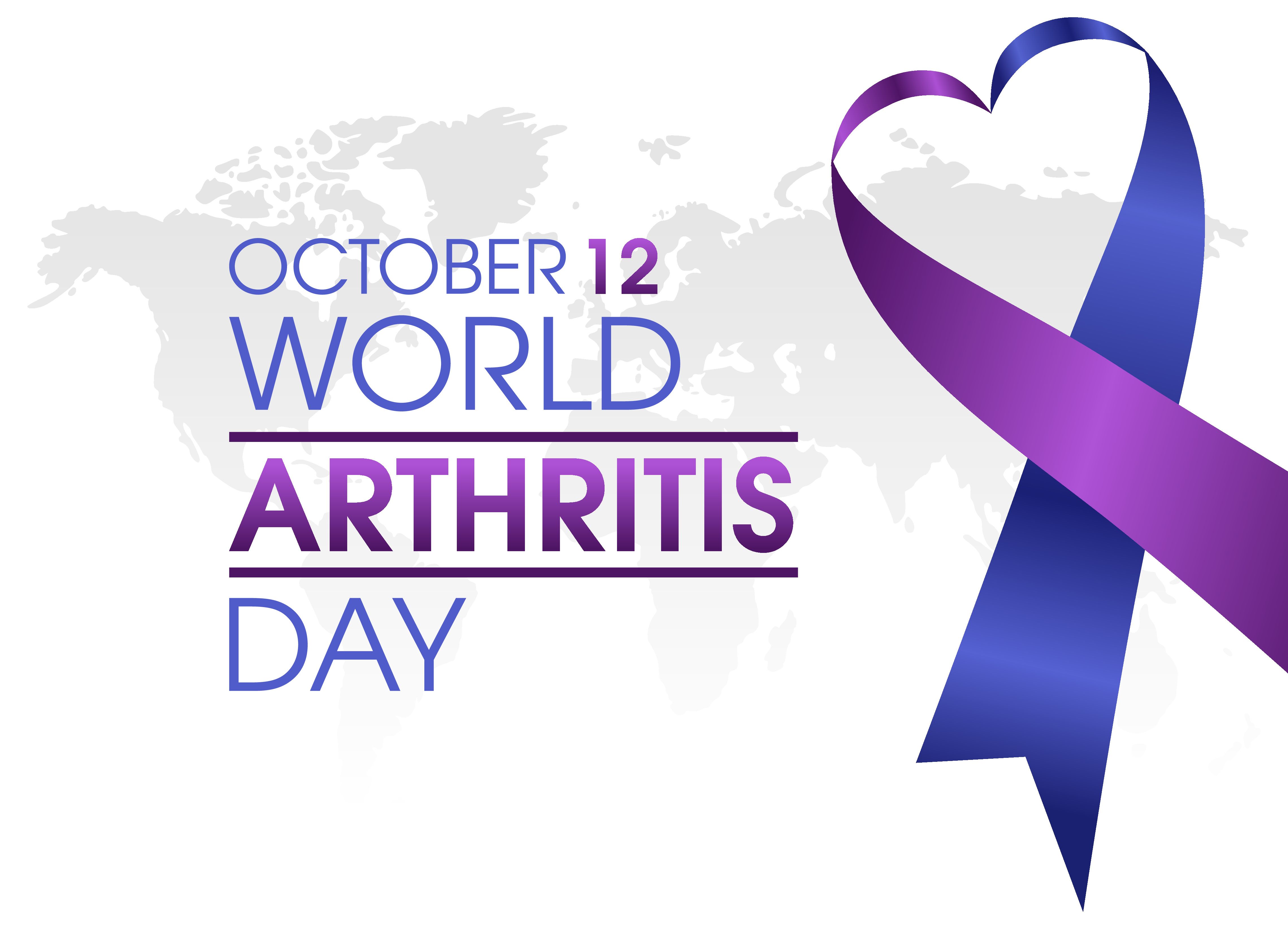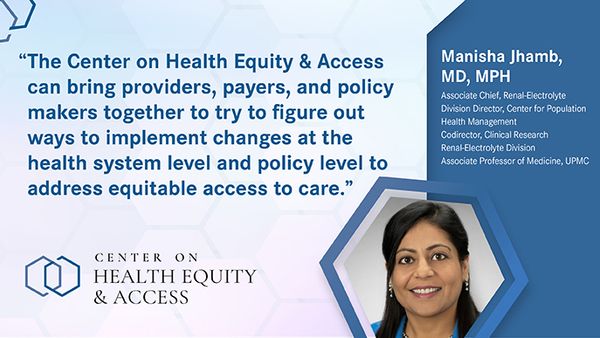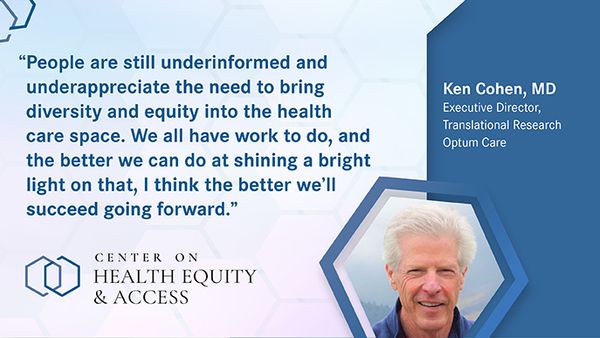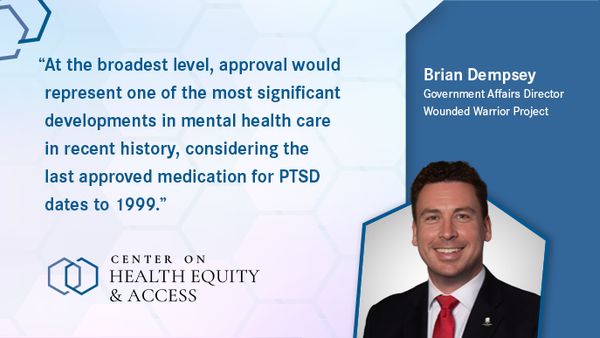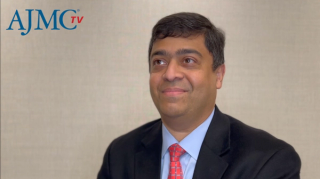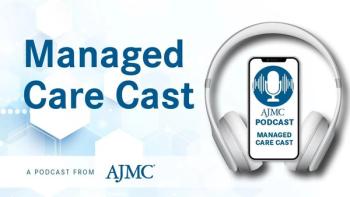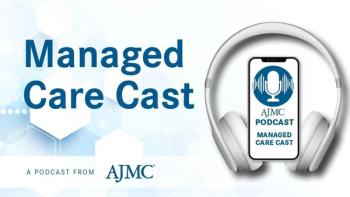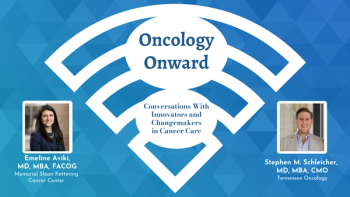
Center on Health Equity & Access
Latest News
Latest Videos

Podcasts
CME Content
More News

Eliot F. Battle, MD, discusses how to effectively and successfully treat skin of color.

Approaching homelessness through prevention and local government policies is the next step in addressing increased incidence of homelessness, said Katherine Koh, MD, MSc.

A recent study reveals significant barriers to GLP-1 RA access for diabetes and obesity patients, highlighting racial disparities and high costs.

Despite systemic challenges, oncology practices use value-based care, community partnerships, and clinical trials to improve patient access and outcomes, says Brian Mulherin, MD.

WHO's latest report shows alarming trends in antimicrobial resistance, highlighting urgent global challenges and the need to improve surveillance and treatment.
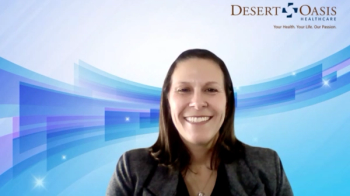
Lindsey Valenzuela, PharmD, explains how cost, coverage gaps, and tech literacy hinder women’s access to early arrhythmia detection tools.

Experts at the Skin of Color Update highlighted the potential benefits of GLP-1 RAs in managing obesity, as well as psoriasis and hidradenitis suppurativa symptom management.

Eliot F. Battle, MD, a dermatologist, reflects on how he chooses the right treatments for patients with skin of color.
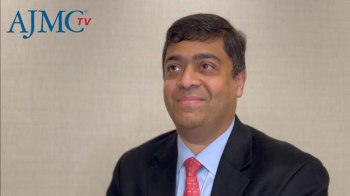
Vivek Subbiah, MD, says artificial intelligence (AI) should assist clinicians in precision oncology, not replace human decision-making.

Surgeons are more likely to perform opportunistic salpingectomy when their peers have done so, underscoring the impact of physician networks in ovarian cancer prevention.

Lindsey Valenzuela, PharmD, explains how atypical symptoms, research gaps, and care inequities delay arrhythmia detection in women.

The positive aspects of the executive order focused on homeless individuals, have been overshadowed by aspects not viewed as positively.
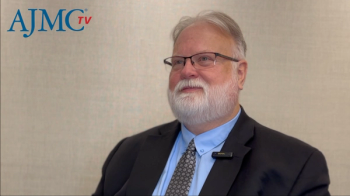
Artificial intelligence, automation, and expanded pharmacist roles help reduce administrative burdens, improve workflow, and support providers in delivering cancer care, according to Scott Soefje, PharmD, MBA, BCOP.

UPMC's innovative pilot program combines medically tailored meals and nutrition education to tackle chronic disease and improve community health outcomes.

Research reveals that Medicaid accountable care organization (ACO) designs significantly impact maternal health outcomes, highlighting the importance of structural partnerships in care delivery.

Artificial intelligence (AI) is expanding clinical trial access and enabling drug repurposing, according to Vivek Subbiah, MD.

Laxmi Patel of Savista discusses how the Budget Reconciliation Act could widen Medicaid coverage gaps and strain hospitals across states.

A CCS report found that pharmacists lack time for diabetes education as workloads rise, worsening disparities and threatening adherence.
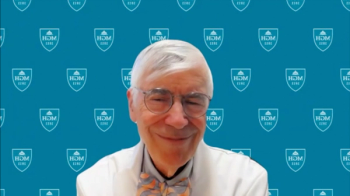
Rilzabrutinib (Wayrilz; Sanofi) may improve immune thrombocytopenia (ITP) outcomes, enable early intervention, and enhance patient quality of life.

Prior authorizations for health plans will soon implement AI to streamline the process and potentially improve patient outcomes.
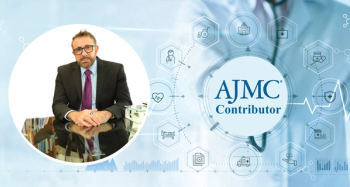
Public health must address emotional and structural inequities, emphasizes Perry N. Halkitis, PhD, MS, MPH, dean of the Rutgers School of Public Health.

Today, Amgen announced the launch of AmgenNow, a direct-to-patient program offering evolocumab (Repatha) at nearly 60% below the current US list price.
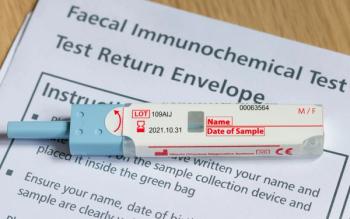
A study finds rural and nonrural patients have similar follow-up times after positive stool-based DNA tests, supporting broader colorectal cancer screening access.
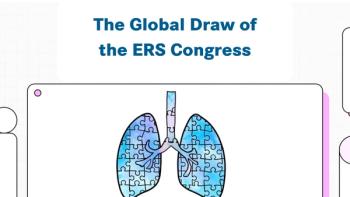
The European Respiratory Society (ERS) Congress fosters collaboration among global experts, advancing respiratory health and promoting equality in medicine.

Research highlights disparities in anti-obesity medication use and metabolic and bariatric surgery.


